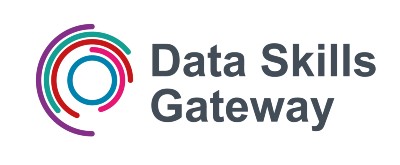Data Science is a new and rapidly expanding discipline that uses scientific approaches, business understanding, data and artificial intelligence to extract knowledge and understanding from the vast quantities of data sources that exist.
Data scientists work with data, including datasets relating to climate change, health and social media to enhance insight, to innovate and to enable data driven decision-making.
This course teaches you the the best way to learn about data science as it aims to teach you both the theory and practical elements of the subject: manipulating and analysing big data sets to draw meaning and understanding that affect our everyday lives.
From vast unstructured data to data organised as a warehouse, data is considered of strategic importance to governments, global organisations, health service providers, financial organisations, sporting organisations, educational institutions, the charity and voluntary sector and businesses in general.
Furthermore, career opportunities in the field of data are expanding, companies are looking at ways to develop technology through machine learning and data-driven analytics and require fresh talent to deliver ground-breaking results. The advantages of learning data science from undergraduate level is that you can master the fundamentals and gain that reward in the job market.
You will study a wide range of modules including data management, coding, statistical methods, data analytics, machine learning, artificial intelligence, data visualisation and data engineering.
Specialist courses are taught by expert staff who actively research applications of data science and you have an opportunity to undertake a data science research project in a topic that interests you.
This course was developed as part of the Edinburgh and South East Scotland CRD.
